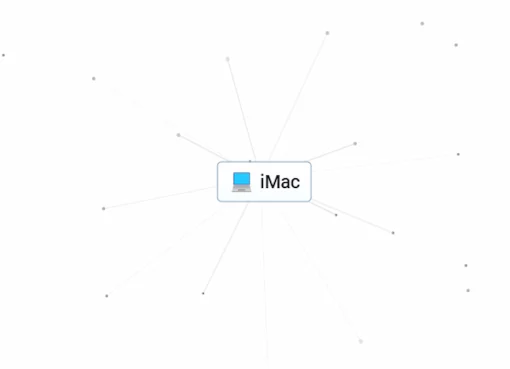What Does LMS Mean in Text? A Comprehensive Guide
In today’s digital age, abbreviations and acronyms are a staple of online communication. One such acronym that frequently pops up is “LMS.” But what does LMS mean in text? This article will delve into the various meanings and contexts of LMS, providing a thorough understanding for anyone who comes across this term in their digital interactions.
Key Takeaways
Before we dive into the details, let’s cover the Key Takeway:
- LMS stands for Learning Management System, a platform used in educational and corporate settings for managing and delivering training programs.
- In text messaging and casual conversations, LMS may also be interpreted as “Let Me See.”
- The context in which LMS is used greatly influences its meaning.

Understanding the Context of LMS
Parties Involved?
The term LMS, when referring to Learning Management Systems, involves a wide range of users. These include:
- Educators and Trainers: Teachers, professors, and corporate trainers who use LMS platforms to create, distribute, and track educational content.
- Students and Employees: Learners who access the LMS to complete courses, participate in training programs, and track their progress.
- Administrators: Individuals responsible for managing the LMS, including setting up courses, enrolling users, and generating reports.
Timeline
The concept of LMS has evolved significantly over the years:
- 1960s: The origins of LMS can be traced back to early computer-based training programs.
- 1990s: The advent of the internet saw the development of web-based LMS platforms.
- 2000s: LMS became mainstream in both educational and corporate sectors, with platforms like Moodle and Blackboard leading the way.
- 2020s: The COVID-19 pandemic accelerated the adoption of LMS as remote learning and training became the norm.
Impact
LMS has had a profound impact on both personal and professional lives:
- Personal Learning: Individuals can access a wealth of knowledge and skills from the comfort of their homes, enabling lifelong learning.
- Professional Development: Companies can efficiently train their employees, ensuring they stay updated with the latest industry trends and skills.
- Accessibility: LMS platforms often come with features that make learning accessible to people with disabilities.
Public and Media Reactions
The rise of LMS has garnered significant attention from both the public and the media:
- Positive Coverage: Media outlets have highlighted the benefits of LMS in promoting remote learning and professional development.
- Criticism: Some critics argue that LMS can lead to a lack of face-to-face interaction and may not be suitable for all types of learners.
- Case Studies: Numerous success stories have been published, showcasing how LMS has transformed education and training in various sectors.
Future Prospects and Upcoming Plans
The future of LMS looks promising, with several exciting developments on the horizon:
- AI Integration: The incorporation of artificial intelligence is expected to personalize learning experiences and provide real-time feedback.
- Gamification: Adding game-like elements to LMS can increase engagement and motivation among learners.
- Mobile Learning: With the rise of smartphones, LMS platforms are increasingly focusing on mobile-friendly designs to facilitate learning on the go.
- Virtual Reality (VR): The use of VR in LMS can create immersive learning experiences, particularly in fields like medicine and engineering.
In conclusion, LMS primarily stands for Learning Management System, a crucial tool in modern education and corporate training. However, in casual text messaging, it can also mean “Let Me See.” Understanding the context in which LMS is used is vital for interpreting its meaning accurately. As technology continues to evolve, the capabilities and applications of LMS are expected to expand, further transforming the landscape of learning and development.
Whether you’re an educator, a learner, or simply someone curious about digital acronyms, knowing what LMS means in text can enhance your understanding and communication in the digital world.

